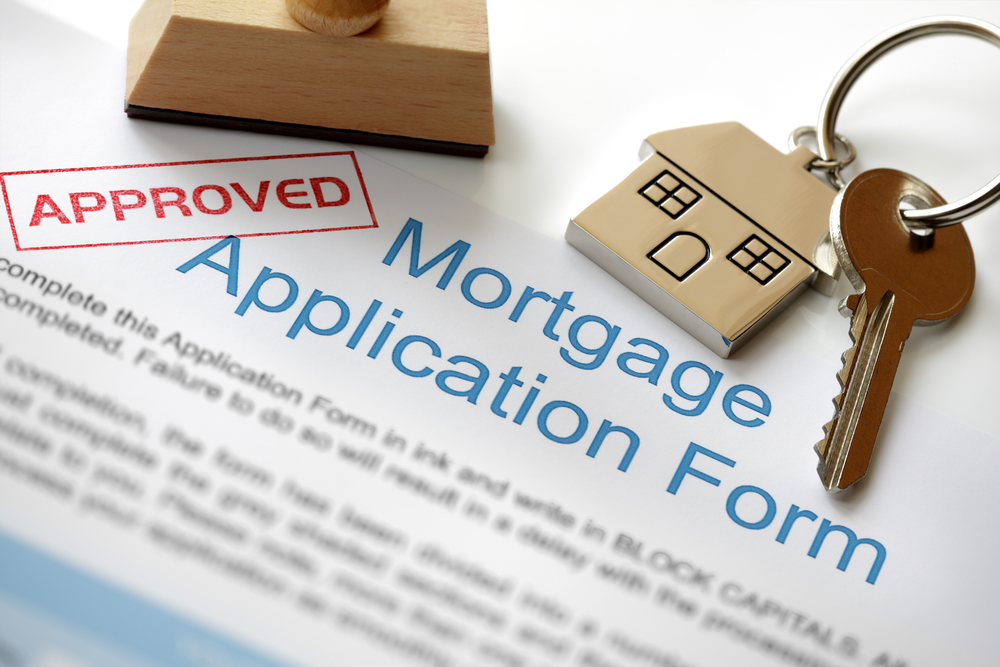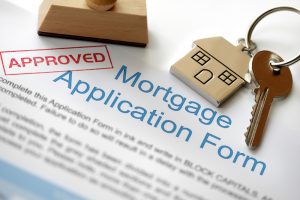The Bank of England has increased the base rate of interest to 1% – the highest level seen since the 2009 credit crunch – in a bid to tackle mounting inflation.
This will have a direct impact on savings and pensions, but it is mortgages, and variable and tracker mortgages in particular, that will be the hardest hit as millions of homeowners are warned to brace for yet another monthly price hike.
But, amid rising mortgage rates and the ongoing cost of living crisis, is it the right time to switch to a fixed rate mortgage?
In this article, we’ll explain what a fixed rate mortgage is and what you should know if you are thinking about making the switch.
You could write off up to 81% of your unsecured debt today
What is a fixed rate mortgage?
If you have a fixed rate mortgage, your monthly payments will remain unchanged, or fixed, for the duration of your term (typically between two and ten years) regardless of any changes made to the UK base rate of interest during this time.
The main benefit of a fixed rate mortgage is that, even if market conditions fluctuate and interest rates rise or fall, your monthly payments are guaranteed to stay the same until your fixed term comes to an end.
Because of this, and the fact that stable rates can make it easier to compare loans from different lenders, fixed rate mortgages tend to be a popular choice for first-time buyers.
So, with this in mind, should you switch to a fixed rate mortgage?
Should you switch to a fixed rate mortgage?
The question of whether you should switch to a fixed rate mortgage might seem like a no-brainer but there is no simple answer.
If you were to switch to a ten-year fixed rate mortgage, for example, the base rate of interest could drop within the next year and you could be locked into a higher interest rate for another nine years.
If the base rate of interest continues to climb, however, the sooner you lock into a fixed rate mortgage, the cheaper your monthly payments will be for the duration of your term.
The recent spate of interest rate hikes has already triggered a remortgaging boom with the average two-year fixed rate mortgage surpassing 3% for the first time since 2015.
There is no way of knowing whether switching to a fixed rate mortgage will lead to small or substantial savings but whatever you decide, you must act fast to grab the best deals before they disappear.
How long should you switch for?
It might seem like an obvious choice to switch to a fixed rate mortgage for as long as possible but how long you should switch for depends on a number of factors.
If you are planning to relocate or remortgage in the next few years, for example, you might have to pay an early repayment charge (ERC) to exit your term before it comes to an end which can negate any savings made by switching to a cheaper deal. It might, therefore, be waiting until you are in the last few months of your term before you start shopping around for a better deal.
If you are a first-time buyer or are looking for long-term stability, however, switching to a fixed rate mortgage for as long as possible might be the best option for you with mortgage rates expected to keep rising.
The most popular length of time to switch to a fixed rate mortgage is typically between two and five years.
Will interest rates continue to rise?
Since December 2021, the Bank of England has increased the base rate of interest four times from 0.1% to 1% in response to soaring inflation.
With the inflation rate rising to 9% in the last few weeks alone and this figure expected to enter double digits before the end of the year, however, the base rate of interest is now on track to hit 1.25%.
The Office for Budgetary Responsibility (OBR) – the government’s independent economic advisor – has also warned that if the UK continues to experience rising inflation, the base rate of interest could potentially hit 3.5% before the end of the year.
In the UK, 74% of homeowners are currently on a fixed rate mortgage and will experience no immediate change to their monthly mortgage payments but for homeowners on a 2.25% variable rate, the cost of a £200,000 mortgage could increase by up to £300 a year.
For more information on rising mortgage rates and to find out if you should switch to a fixed rate mortgage, get in touch with Your Expert Group here.




